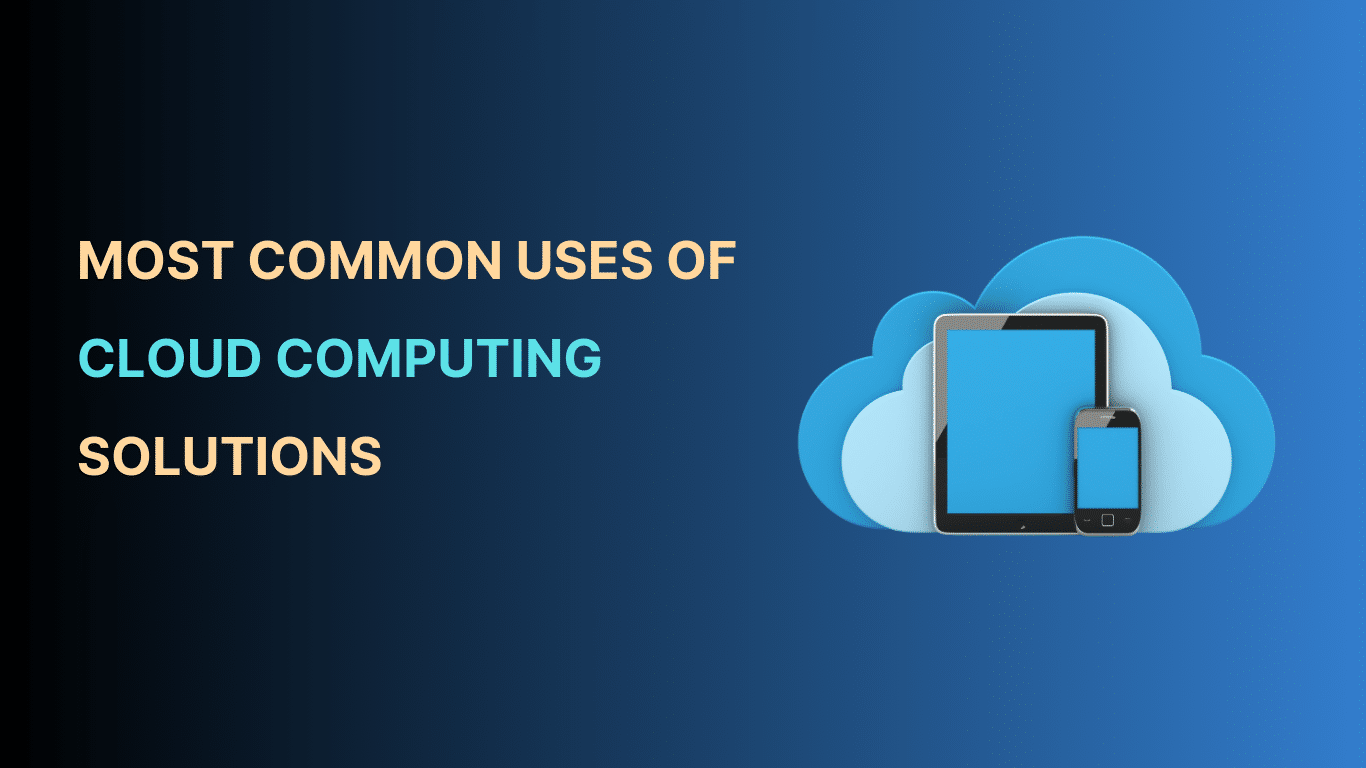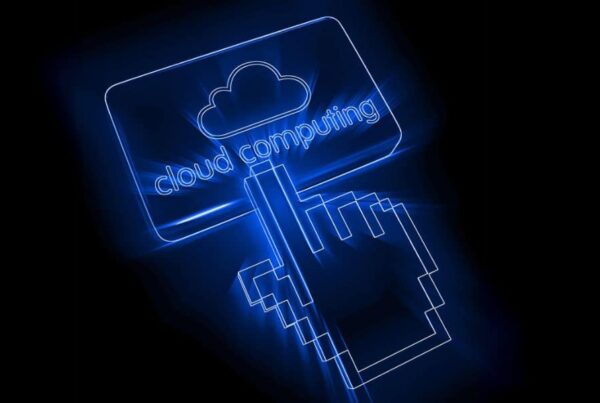Imagine a world, where your computer’s capabilities are not restricted by its physical components. In this world, businesses can instantly scale their operations without requiring major investments. Moreover, critical data can be securely accessed from any place in the world. Indeed, this is not the stuff of science fiction. Instead, it is the reality that has been ushered in by cloud computing. Cloud computing, in today’s tech-driven landscape, goes beyond simply shuffling bits and bytes across the ether.
In this article, we look into the vast world of cloud computing, uncovering its role in enhancing efficiency, promoting agility, and fostering continuous innovation. By exploring its various uses, ranging from data storage and disaster recovery to machine learning and more, we will demonstrate the significant influence of cloud computing on our everyday lives and the global business ecosystem.
How Does Cloud Computing Revolutionise Data Storage and Backup?
Gone are the days of worrying about losing important files or running out of hard drive space. Cloud computing offers cost-effective storage solutions that not only secure your data against loss but also make it accessible from anywhere in the world.
Services like Google Drive and Dropbox are great examples, allowing individuals and businesses to store, share, and manage their files in the cloud. Scalability and security are especially crucial for businesses that handle large volumes of sensitive data, ensuring continuity even in the face of disasters.
What Role Does the Cloud Play in Software as a Service (SaaS)?
Software as a Service, or SaaS, is a cloud computing superstar, offering a smorgasbord of applications—from email to complex enterprise solutions—directly over the internet. This means you can use the software without installing it on your computers, reducing both cost and maintenance headaches. Platforms like SharePoint for CRM, Google Workspace for productivity, and Adobe Creative Cloud for design tools exemplify SaaS’s power to provide flexible, scalable, and cost-efficient solutions for businesses and individuals alike.
Why Is Cloud Hosting Becoming a Cornerstone for Businesses?
Having a robust online presence is non-negotiable for businesses, and cloud hosting is the secret sauce for achieving this. Unlike traditional web hosting, cloud hosting uses multiple servers to balance the load and ensure maximum uptime for your website. This means your website can handle sudden spikes in traffic without crashing—critical for e-commerce sites during sales events. Microsoft Azure leads the pack, offering scalable, reliable, and secure hosting solutions that power millions of websites across the globe.
How Does Cloud Computing Power Data Analytics and Machine Learning?
Data is the new oil, and cloud computing is the refinery that transforms this crude data into valuable insights. Cloud platforms provide the heavy lifting required for data analytics and machine learning, allowing businesses to predict customer behaviour, optimise operations, and innovate at breakneck speeds.
Utilising the cloud to analyse large datasets and create intelligent solutions, such as personalised shopping experiences and sophisticated healthcare diagnostics, is made possible by tools like Google BigQuery and IBM Watson. Businesses of all sizes are now able to make data-driven decisions and maintain their competitiveness thanks to the advancement of data analytics and AI technology.
Real-World Examples of Cloud Success Stories
Healthcare: Revolutionising Patient Care
Cloud computing in healthcare has enabled remote patient monitoring, telehealth services, and electronic health records, dramatically improving patient care and operational efficiency. For instance, cloud-based platforms like Microsoft SharePoint facilitate real-time data sharing among healthcare providers, enhancing the coordination of patient care across different facilities.
Finance: Securing and Streamlining Operations
In finance, cloud computing has been a game-changer, offering secure and compliant solutions that streamline operations and enhance customer service. JP Morgan Chase’s adoption of cloud technologies for risk analysis and customer data management showcases the industry’s shift towards more agile and secure financial services.
Education: Facilitating Remote Learning
Moodle and Blackboard Learn, stand as testaments to the cloud’s ability to democratise education. Moodle, an open-source learning management system (LMS), offers educators and institutions the flexibility to create personalised learning environments tailored to their students’ needs. Meanwhile, Blackboard Learn serves as a robust platform for delivering engaging learning experiences, with features that support course management, virtual classroom sessions, and rich multimedia resources.







